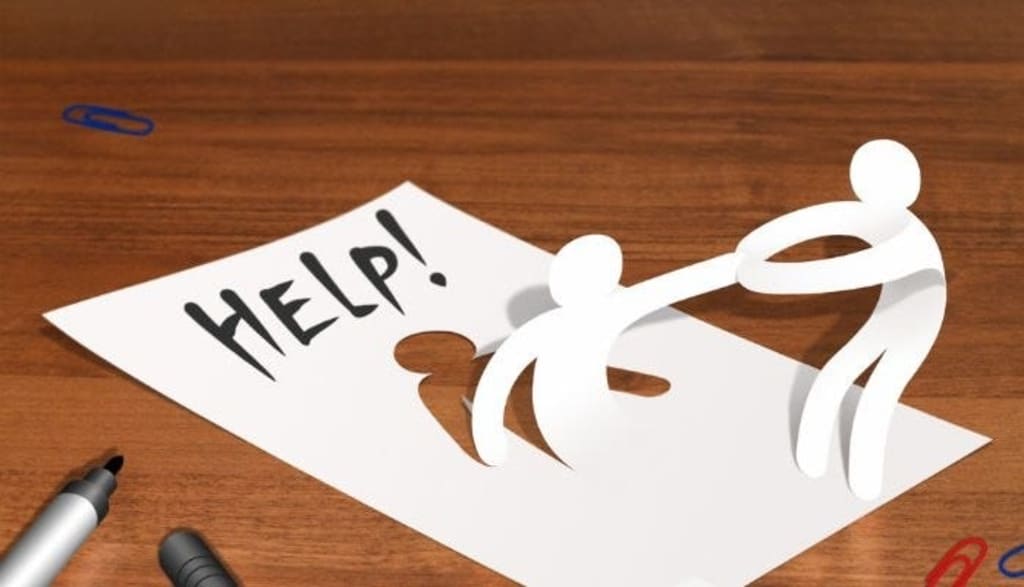
Very often, I find myself asking, “How many times are we going to make the same mistakes?” This is because I come across people who make the same mistakes I did when I was their age. It feels off to see them do those mistakes, for some they don’t have the courage to ask for help or advice, while for others who do ask they are often resistant to this advice and walk straight into those mistakes. Whether it is poor financial management, bad business strategies or simply bad communication skills, people consistently make the same mistakes over and over again, and we find ourselves craving that “I Told you so moment” more than anything else.
I get it to a certain degree, people do need to make those mistakes to learn, there is no amount of advice which could replace the experience of going through it yourself but what frustrates me is the fact that we already know the outcome, and yet we walk right into it hoping our turn will be different. This doesn’t even account for ignorance, assuming you don’t know the results of your actions, why won’t you just ask for help and guidance?
In society, we often celebrate independence and self-sufficiency, so much to the point where asking for help sometimes seems like a sign of weakness or vulnerability.
Despite all the advantages of getting help and assistance, many people find themselves hesitant or even resistant to reaching out for support when needed. The only help they consider worthwhile is financial.
Here are some of the reasons why people don’t like asking for help
Fear of Judgment
One of the primary reasons people don’t like asking for help is the fear of judgment from others. In our societies today success is often equated with competence and autonomy, you remember successful people more than you remember groups of successful persons, so admitting one’s limitations or struggles can feel like an admission of failure. Individuals worry a lot about how they are perceived by others, and they don’t like to be seen as incapable or incompetent. This holds them back from asking for help even when they desperately need it.
Self-reliance and Independence
From a young age we are taught to be independent and self-reliant, we are encouraged to be strong and resilient and to figure things out ourselves. We take pride in overcoming challenges independently, and so asking for help can be perceived as a threat to our self-image. We fear that asking for help from others will diminish our perceived competence or undermine our independence.
Fear of Rejection
Another reason is because we are afraid the other person will say no. Seeking assistance requires vulnerability and trust. We worry being seen as a burden or imposing ourselves on to others. There is also the fear of being labeled as “weak” or “broken” which can really hurt us emotionally.
Overestimation of self-reliance
We often overestimate our abilities as well, admitting knowing things we don’t or being able to do things we can’t. We convince ourselves that we are all knowing or all powerful and can do everything, mainly because ignorance and weakness makes us uncomfortable.
Overcoming the Reluctance
Asking for help doesn’t make us weak, but is rather a sign of strength and self-awareness. Recognizing that you can’t know or do everything by yourself and joining your strength and knowledge to others can only lead you to a position of greater strength. There is no denying that we can accomplish much more when we work together than when we work alone. In order to overcome this reluctance, you will have to actively try to change and do things which push you towards that.
- Normalize asking for help
- Challenge the negative beliefs
- Build supportive relationships
- Practice self-compassion
- Seek Professional Help
- Keep an open mind (you don’t know everything)
Conclusion
Reluctance to ask for help comes from a combination of psychological, social and cultural factors. Embrace the benefits of seeking assistance and cultivate the habit of support and collaboration in your personal and professional lives. Asking for help is not a sign of weakness, but rather a courageous acknowledgement of our shared humanity and interdependence.
Thanks for reading ☺️
If you enjoyed the article, you could support by buying me a coffee.
About the Creator
real Jema
If you could say one thing and be heard by the entire world, what would that be?






Comments
There are no comments for this story
Be the first to respond and start the conversation.